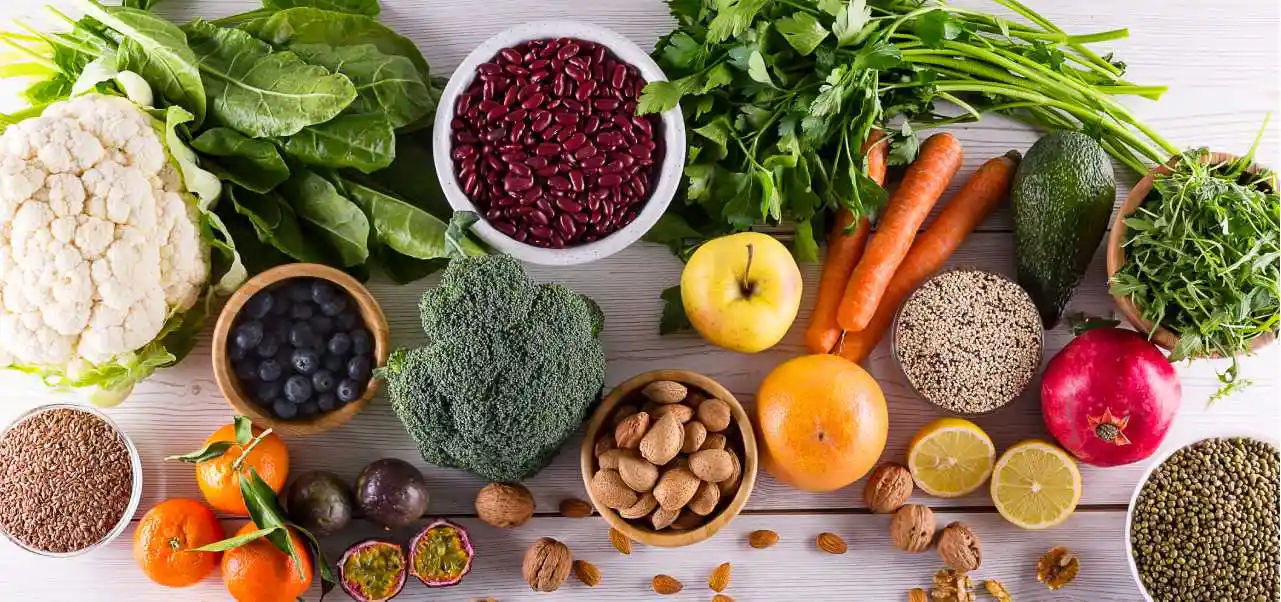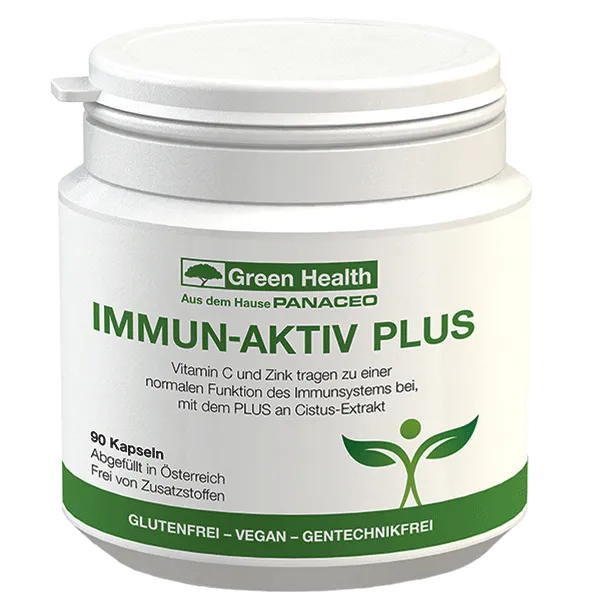Polyphenols explained: how these phytochemicals can help you live a healthier life
Health & immune system
Have you ever heard of polyphenols? These natural compounds are found in various plants, fruits and vegetables and have been shown to provide numerous health benefits. In this article you will learn what polyphenols are, which foods are rich in them and how they can have a positive effect on your health.
What are polyphenols?
Polyphenols belong to the phytochemicals, which are naturally occurring compounds found in plants. They are known for their antioxidant properties, which help protect cells from free radical damage. Polyphenols can be divided into several subgroups, such as flavonoids, phenolic acids, and stilbenes, each with their own unique health benefits.
Foods rich in polyphenols
There are numerous foods that are rich in polyphenols. Some of the most common sources are:
- Berries (e.g., blueberries, raspberries, strawberries)
- Apples
- Grapes
- Citrus fruits (e.g. oranges, lemons)
- Onions
- Broccoli
- Spinach
- Tomatoes
- Tea (e.g. green tea, black tea)
- Coffee
- Red wine
- Dark chocolate
- Nuts (e.g. almonds, walnuts, pecans)
- Legumes (e.g. beans, lentils)
The health benefits of polyphenols
Polyphenols have been studied extensively for their potential health benefits. Here are some of the ways they can positively impact your health:
Antioxidant properties
As mentioned earlier, polyphenols are known for their antioxidant properties. They help reduce oxidative stress in the body, which can damage cells and contribute to chronic diseases such as cancer, diabetes and heart disease.
Anti-inflammatory effect
Polyphenols also have an anti-inflammatory effect that can help reduce inflammation in the body. Chronic inflammation has been linked to numerous health problems, including arthritis, asthma, and inflammatory bowel disease.
Cardiovascular health
Several studies have found that polyphenols may improve cardiovascular health by lowering blood pressure, improving cholesterol levels and reducing the risk of heart disease.
Brain function
Polyphenols may also have a positive impact on brain function. Studies have shown that they can improve cognitive function and reduce the risk of age-related cognitive decline.
Cancer prevention
Although more research is needed, some studies have found that polyphenols may have cancer-preventive properties. They may help prevent the growth and spread of cancer cells.
Polyphenol-rich recipe tips
Now that you know which foods are rich in polyphenols and their potential health benefits, you may be wondering how to incorporate them into your diet. Here are some recipe tips to help you get started:
Berry Smoothie
Blend
- 1 cup mixed berries (e.g. blueberries, raspberries, strawberries),
- 1 banana,
- 1 cup almond milk and
- a handful of spinach
to make a delicious and nutrient-rich smoothie.
Quinoa Salad
Cook
- 1 cup of quinoa and mix it with
- Chopped vegetables (e.g., tomatoes, cucumbers, onions),
- nuts (e.g., almonds, walnuts) and a simple
- Vinaigrette of olive oil and lemon juice.
Green tea latte
Brew
- a cup of green tea and mix it with
- frothed milk (dairy or non-dairy) and
- a touch of honey
to make a warm and soothing drink.
Dark chocolate bark
- Melt dark chocolate and spread on a baking sheet.
- Top with chopped nuts (e.g., almonds, pistachios) and
- Dried fruit (e.g., cranberries, apricots) sprinkle on top for a delicious, antioxidant-rich treat.
Polyphenols are a natural and delicious way to improve your health. By incorporating more polyphenol-rich foods into your diet, you can reap the benefits of their antioxidant and anti-inflammatory properties, support cardiovascular and brain health, and potentially reduce your risk of chronic disease. So the next time you go shopping or plan a meal, be sure to include some of these polyphenol-rich foods. Your body will thank you!



